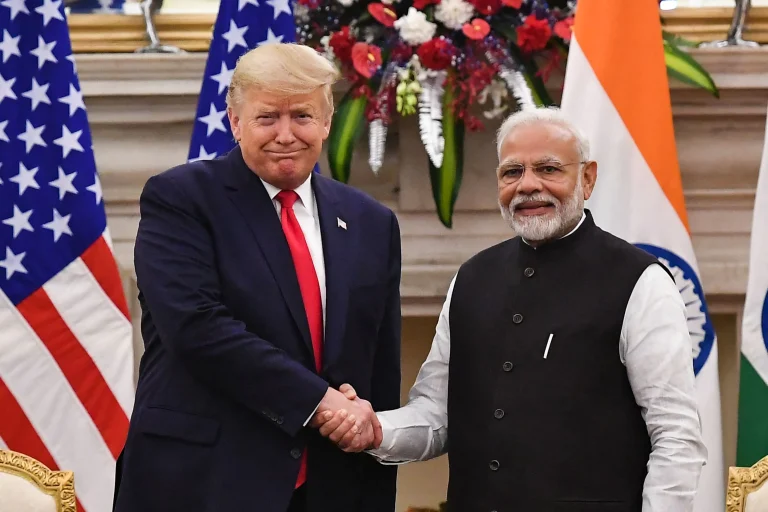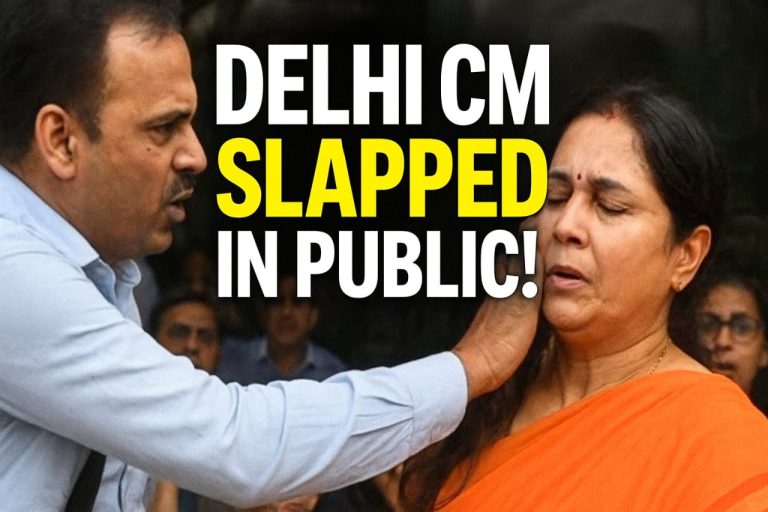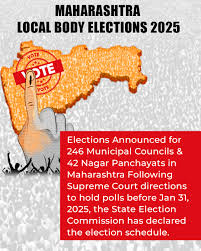
Former Brazilian President Jair Bolsonaro has been banned from running for office for eight years by electoral judges due to his abuse of power and dissemination of “immoral” and “appalling lies” during the 2022 election. Bolsonaro, who lost the election to his rival Luiz Inácio Lula da Silva, will be unable to seek elected office until 2030.
The decision to ban him from running for office was mainly based on his baseless claims against Brazil’s electronic voting system, which caused public outcry and were condemned as politically motivated disinformation. Bolsonaro’s lawyer argued that he was seeking to improve the voting system, but the court deemed his actions as unfair and immoral. The ban on Bolsonaro has sparked speculation about who might inherit his significant voter base.
Bolsonaro has asserted his innocence, and his attorneys have promised to file an appeal with the Supreme Court. The decision, he said on Friday, was a “stab in the back,” and he vowed to keep pushing for the advancement of right-wing politics in Brazil. It will be interesting to see what Bolsonaro does next given that his personal brand in Brazil has been progressively worse.
Bolsonaro’s chances of defeating Lula in 2026 are finished, but that doesn’t mean a Bolsonaro will not run again in three years. As a contender, Bolsonaro has declared his support for his wife, Michelle. Despite her lack of political experience, she is an openly professed evangelical Christian who might find favour with the religious right, which is apprehensive of Lula.
On January 8, 2023, Supporters of Bolsonaro broke through police barricades and stormed government buildings, including the presidential palace, Congress, and the Supreme Court in Brasilia. This incident occurred after Bolsonaro’s election defeat and his refusal to concede, alleging voter fraud. The incident highlighted the years of distrust in government institutions that Bolsonaro had fomented.
Bolsonaro supporters also staged protests and demonstrations, sometimes turning violent, throughout his presidency. These incidents reflected their dissatisfaction with perceived political opponents and policies, as well as their support for Bolsonaro.






